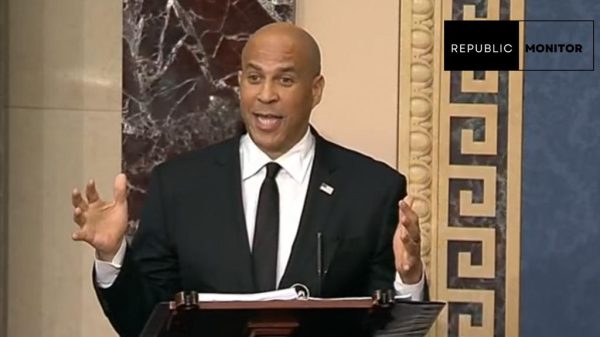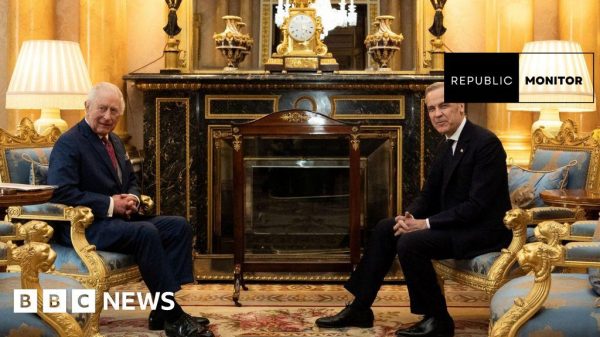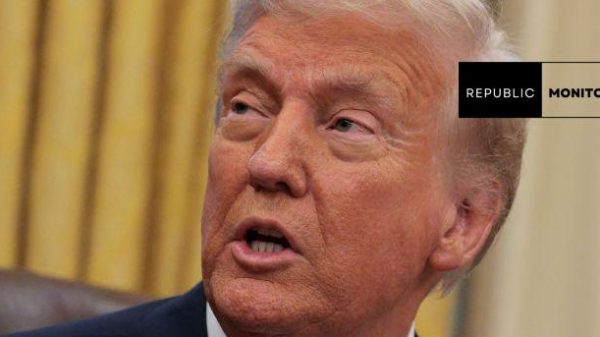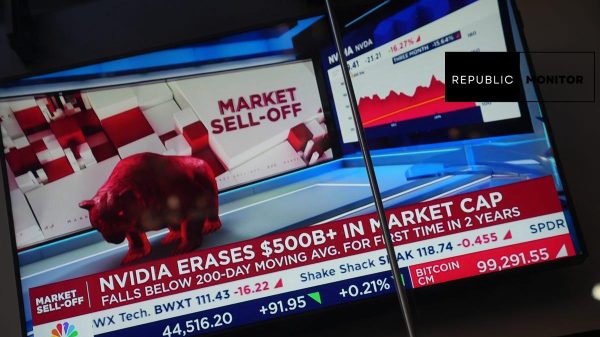In recent discussions, foreign policy analysts are raising alarms about the increasing influence of China in Myanmar. This situation calls for a more robust response from the United States, especially as Secretary of State Marco Rubio outlines a new approach to foreign policy, focusing on both U.S. security and regional stability.
U.S. Engagement in Southeast Asia, Especially Myanmar
With the rising tensions in Southeast Asia, Myanmar has become a focal point for policymakers and analysts alike. The country’s strategic location at the crossroads of South and Southeast Asia makes it critical not just for local stability but also for U.S. interests in the region. Analysts say that a lack of strong U.S. presence allows China to expand its influence, which can lead to potential security risks for the United States.
Southeast Asia Focus
Secretary Rubio recently testified before the Senate, emphasizing the importance of U.S. interests in Southeast Asia. He pointed out that the current U.S. policies might not be enough to effectively counterbalance China’s moves in countries like Myanmar. As countries in this region face increasing pressures and economic challenges, a new U.S. strategy that includes stronger diplomatic ties could help establish a more stable environment for all involved.
Rare Earth Elements
Myanmar is rich in valuable resources, particularly rare earth elements that are essential for many high-tech industries around the world. In fact, Myanmar increased its share of global rare earth production from just 0.2% in 2015 to an impressive 14% by 2023. This unique abundance presents a significant opportunity for the U.S. to engage more deeply, supporting sustainable practices while getting ahead in the race for tech industry supplies.
China’s Growing Foothold
Since the military coup in 2021, China has intensified its economic and military support for Myanmar’s ruling junta. This relationship poses a challenge for the U.S. as China’s growing presence in the region raises security concerns. Moreover, connections between the Chinese government and the Myanmar junta can lead to situations that undermine democratic movements and hinder human rights.
U.S. Regional Focus
The urgency for a revised U.S. strategy comes from analysts who believe that a deeper understanding of Southeast Asian dynamics might be essential for enhancing U.S. influence in the region. Recently, Secretary Rubio met with partners from Quad nations, including India, Japan, and Australia, to strategize a united front against China’s growing sway. Beyond just meeting with officials, there’s a strong call for engaging with a variety of stakeholders in Myanmar, including ethnic armed groups, to foster a more holistic approach.
What This Means for the Future
As experts push for a more comprehensive U.S. engagement strategy in Myanmar, the implications could be far-reaching. Not only would this help counter China’s influence, but it could also provide support for the people of Myanmar who are striving for democratic governance and improved human rights. The U.S. could play a crucial role in establishing a balanced approach in the Indo-Pacific, ensuring that the voices of the Myanmar people are heard, and that their future is negotiated fairly in this complex international landscape.
| Key Points | Details |
|---|---|
| U.S. Interests | Focus on stability and security in Southeast Asia. |
| China’s Support | China provides military and economic assistance to Myanmar’s junta. |
| Rare Earth Elements | Myanmar’s production of rare earth elements vital for tech industries. |
| Quad Partners Meeting | Collaborative efforts with India, Japan, and Australia to counter China. |
















